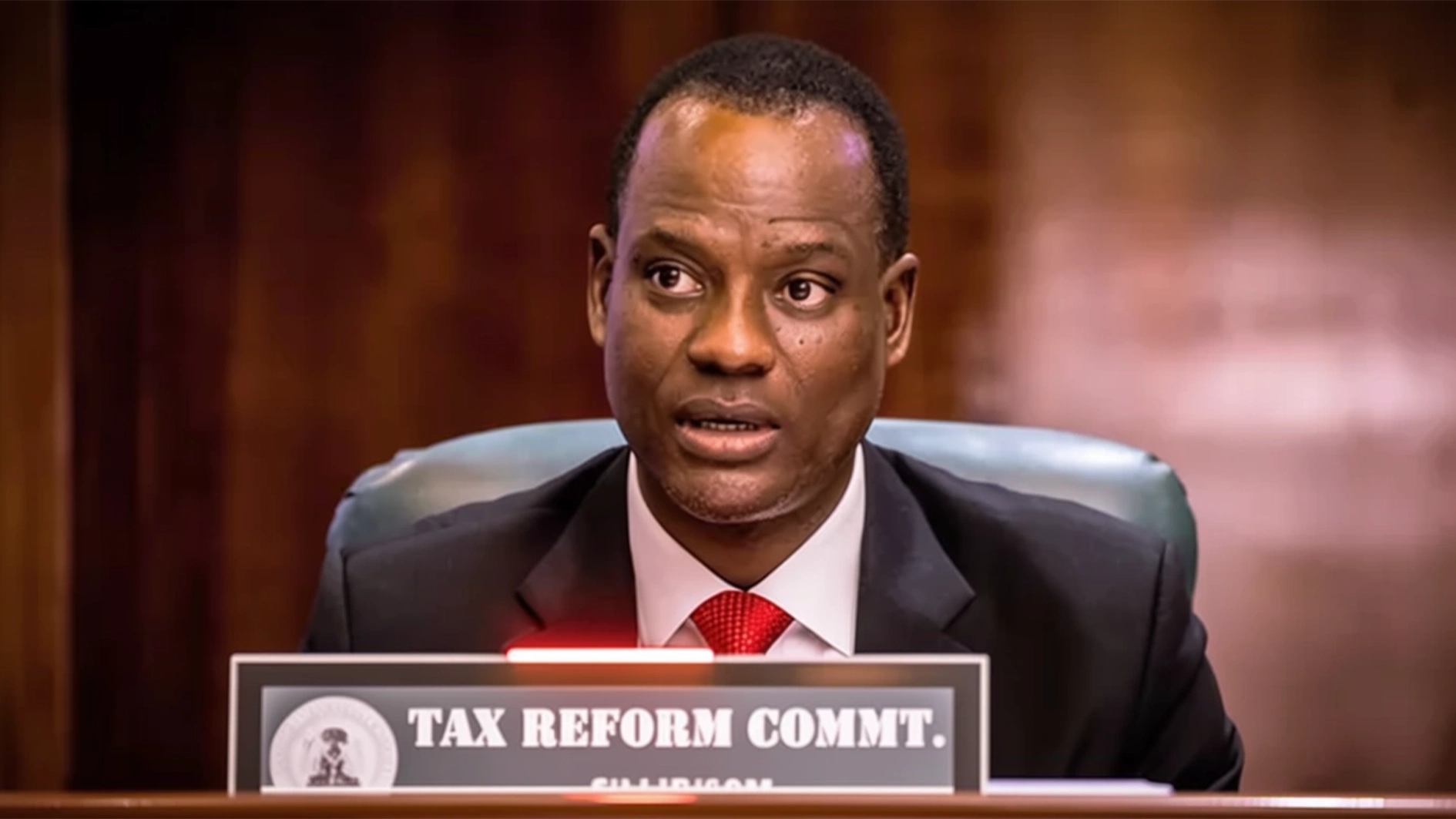
Nigerian Bulk Electricity Trading Plc. (NBET) has paid the Electricity Generation Companies (Gencos) the sum of N10.825 billion out of the total invoices of N45.24 for the energy delivered in July 2017.
In the same vein, NBET received N9.625 billion out of the total invoices of N41.96 billion from Distribution Companies (Discos) in the same period.
According to NBET, in addition to the payments received, there was a late payment from the previous month by Discos, which made the total payment receive to represents 25.80 per cent performance.
NBET put the total energy generated by all the Gencos for July at 3,907.89mwh/month. “NBET purchases electricity from the generating companies through Power Purchase Agreement (PPAs) and resells to the distribution companies through vesting contracts. To facilitate this mandate, we shall continue to provide access to reliable information that will enable increased collaboration and transparency in the power sector,” it added.
Minister of Power, Works and Housing, Babatunde Fashola, had said that the Federal Executive Council (FEC) approved the payment of the verified sum of N27 billion of Ministries, Department and Agencies (MDA) debts.
Speaking on “The Outlook for Nigeria – Energy options in a Low-cost and Low Carbon World: Which Way Nigeria and Africa”, at the Africa Today Summit in Abuja on Tuesday, Fashola said the country is driven to pursue renewable energy by contract in addition to the necessity to diversify energy sources from gas and provide some energy security.
Fashola recalled that Nigeria is one of the early signatories to the Paris Climate Change Agreement, which signatories were committed to low carbon energy sources as a contribution to helping the global community protect our climate.
He explained: “The Solar and Hydro projects are parts of our contribution to this global commitment. We have also moved to seek to improve efficiency by completing the Energy Efficiency Building Code that will form part of our National Building Code, to help us develop energy efficient buildings and reduce our carbon footprint.
“Beyond necessity and contract, our commitment is driven by policy embedded in the Economic Recovery and Growth Plan (ERGP), where one of the five pillars is energy sufficiency in power and petroleum products.
“As far as the power component of this Pillar goes, while we have expanded the national grid capacity for on- grid power from 5,000 MW in 2015 to 6,900 MW in September 2017, we are mindful that quick access to power will be easier to achieve by off-grid connections.”
He disclosed that through the Nigerian Electricity Regulatory Commission (NERC), the Federal Government has issued mini grid regulations to guide registration and licensing for small consumers and off-grid developers seeking to produce up to 100 kilowatts and over 100 kilowatts and up to one megawatt respectively.
This, he noted, is already producing results as more people are now developing their own grids or developing to supply others without connecting to the national grid.






